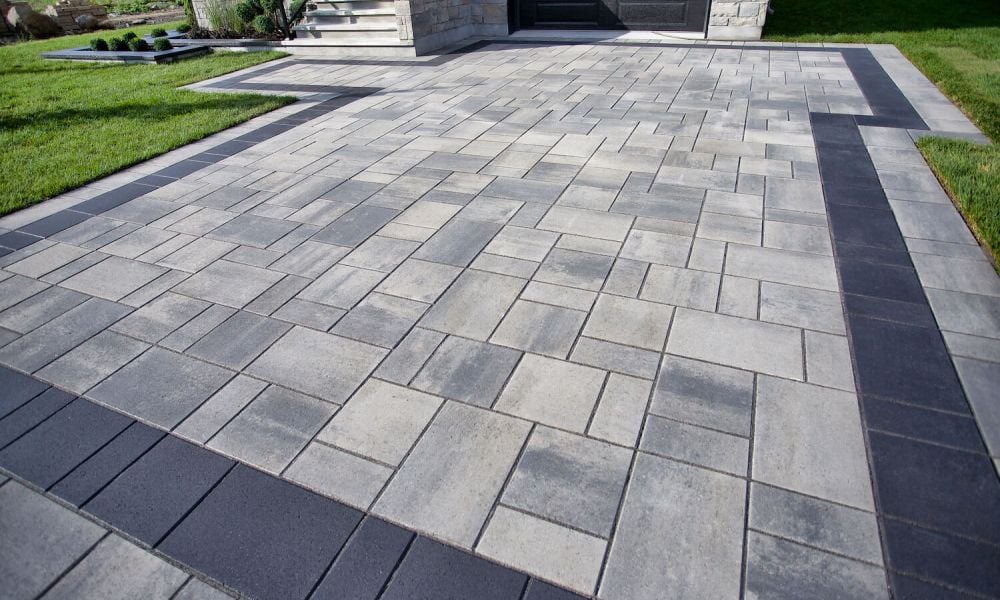Planning for Future Maintenance of Your Paved Driveway

A paved driveway is a significant investment that enhances your home’s curb appeal and functionality. To ensure its longevity and maintain its pristine appearance, it’s crucial to plan for future maintenance. By taking proactive steps and addressing potential issues promptly, you can extend the life of your driveway and avoid costly repairs down the road.
Regular Inspection and Cleaning
Conducting regular inspections of your paved driveway is essential for identifying any signs of wear and tear. Look for cracks, potholes, or uneven surfaces that may indicate underlying problems. Catching these issues early allows for timely repairs, preventing further deterioration.
In addition to inspections, keeping your driveway clean is equally important. Sweep away debris, leaves, and dirt regularly to prevent staining and the accumulation of organic matter. Pressure washing your driveway annually can remove stubborn stains and restore its original appearance. Consider hiring professional ottawa paving services for thorough cleaning and maintenance.
Seal Coating for Protection
Applying a seal coat to your paved driveway is a crucial step in protecting it from the elements and extending its lifespan. Seal coating creates a protective barrier against water, UV rays, and chemical spills, preventing damage and preserving the integrity of the pavement.
Experts recommend seal coating your driveway every two to three years, depending on the climate and level of traffic. A fresh seal coat not only enhances the appearance of your driveway but also fills minor cracks and prevents further deterioration.
Addressing Cracks and Potholes
Cracks and potholes are common issues that can develop on paved driveways over time. Ignoring these problems can lead to more extensive damage and costly repairs in the future.
To address cracks, use a high-quality crack filler specifically designed for asphalt or concrete driveways. Clean the cracks thoroughly, remove any loose debris, and apply the filler according to the manufacturer’s instructions. For potholes, it’s best to consult with a professional paving contractor who can assess the extent of the damage and provide appropriate repair solutions.
Proper Drainage and Grading
Ensuring proper drainage and grading around your driveway is crucial for preventing water damage and erosion. Water that pools on or near your driveway can seep into the pavement, causing cracks and weakening the foundation.
Inspect the grading of your driveway regularly to ensure that water flows away from the pavement and towards designated drainage areas. If you notice any standing water or drainage issues, consider installing additional drainage solutions, such as French drains or catch basins, to divert water away from your driveway effectively.
Avoiding Heavy Loads and Impacts
Your paved driveway is designed to withstand regular vehicle traffic, but it’s important to avoid subjecting it to excessive weight or impacts. Heavy vehicles, such as large trucks or construction equipment, can cause significant damage to your driveway’s surface and foundation.
Similarly, be cautious when using tools or equipment near your driveway. Avoid dropping heavy objects or placing sharp items on the pavement, as they can create dents or punctures that may lead to further deterioration.
Maintaining Your Investment
By implementing a regular maintenance plan and addressing potential issues promptly, you can ensure the longevity and beauty of your paved driveway. Investing time and resources into preventive measures will save you from costly repairs and replacements in the long run.
Remember, your driveway is an integral part of your home’s exterior and plays a significant role in its overall value and curb appeal. By taking proactive steps to maintain and protect your paved driveway, you can enjoy its benefits for years to come.





